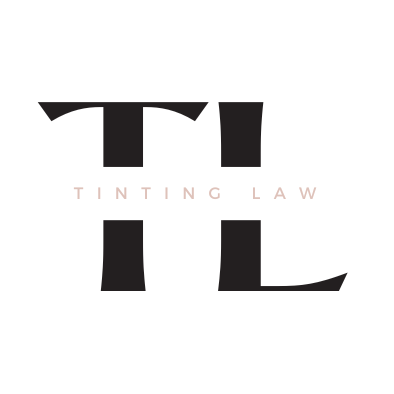Illinois Car Window Tinting Laws: A Detailed Overview
In Illinois, car window tinting serves a dual purpose: enhancing vehicle aesthetics and providing protection from the sun’s rays.
However, it’s essential for drivers to be fully informed about Illinois’s tinting regulations.
This article provides a clear breakdown of Illinois’s car tint laws.
1. Front Windshield:
- Tinting is allowed on the top 6 inches of the windshield.
- Reflective or mirror-like finishes are not permitted.
2. Front Side Windows:
- These windows must allow more than 35% of light to pass through.
- Reflective tints are not allowed.
3. Back Side Windows:
- For cars, these windows must also allow more than 35% of light to pass through.
- No reflective tints are permitted.
4. Rear Window:
- Any level of tint darkness can be used, but if the rear window is tinted, the vehicle must have dual side mirrors.
5. Tint Colors:
- In Illinois, tints with a metallic or mirrored appearance are prohibited.
6. Medical Exceptions:
- Illinois provides exceptions for individuals requiring darker tints due to specific medical conditions. Proper documentation is required.
7. Quality Standards:
- When opting for window tinting in Illinois, it’s essential to choose a shop that uses state-compliant tint materials. They should provide certification upon request.
8. Tint Stickers:
- Legally tinted vehicles in Illinois should have a sticker, typically located on the driver’s side window.
9. Compliance:
- Adhering to Illinois’s tinting guidelines is crucial. Non-compliance can result in penalties.
Understanding and adhering to car window tinting laws in Illinois ensures a compliant and safe driving experience.
This article is based on information available as of 2022. For the most up-to-date information on Illinois’s tint regulations, it’s recommended to consult the DMV or local law enforcement agencies.
